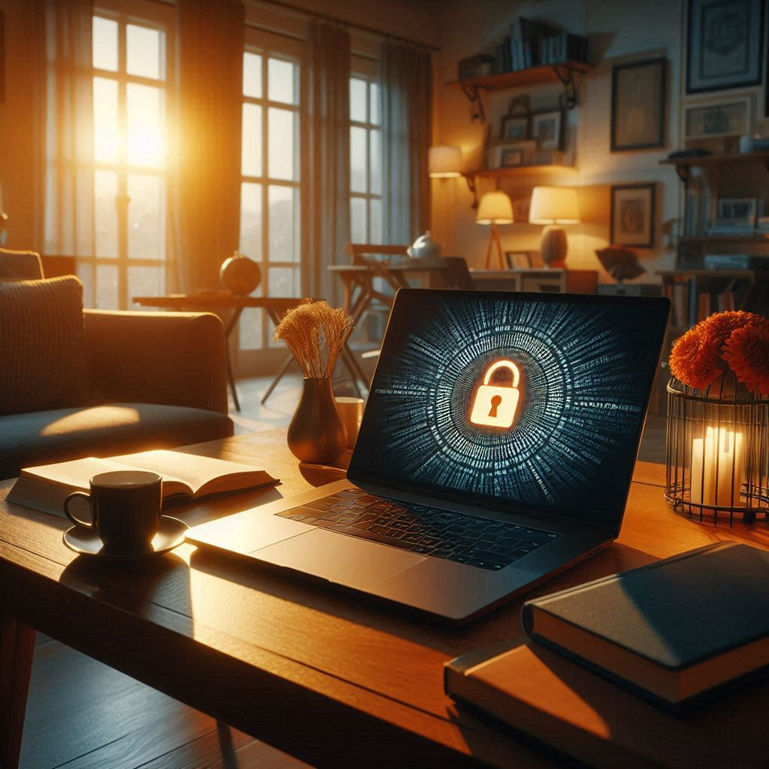
Disk Encryption: The Key to Protecting Your Family’s Digital World
In today’s digital age, our lives are intertwined with technology. Our computers hold a treasure trove of sensitive information, from family photos and personal documents to financial records and private communications. But what happens if your laptop falls into the wrong hands? This is where disk encryption comes into play, acting as a digital lock to safeguard your family’s data.
What is Disk Encryption?
Disk encryption is a security measure that encodes all the data on your computer’s hard drive, making it unreadable to anyone who doesn’t have the decryption key. Think of it as turning your data into a secret code that only you can unlock.
Why is Disk Encryption Important?
Protection from Theft and Loss Imagine losing your laptop or having it stolen. Anyone who gets their hands on your device can access all your files without encryption. Disk encryption ensures that even if your computer is lost or stolen, your data remains secure and inaccessible to unauthorized users.
Safeguarding Personal Information: Our computers store a vast amount of personal information, from family photos to sensitive documents. Disk encryption protects this information from prying eyes, ensuring your family’s privacy is maintained.
Compliance with Privacy Regulations: With increasing concerns about data privacy, many regulations require the protection of sensitive information. Disk encryption helps you comply with these regulations, reducing the risk of hefty fines and legal issues.
Peace of Mind: Knowing that your family’s data is protected provides peace of mind. You can rest easy knowing your personal information is safe, even in a security breach or physical theft3.
How to Implement Disk Encryption
Implementing disk encryption is easier than you might think. Modern operating systems offer built-in encryption tools, including Windows, macOS, and Linux. Here’s a quick guide to get you started:
Windows: Use BitLocker, a built-in encryption feature available in Windows Pro and Enterprise editions. Search for BitLocker in your system settings and follow the prompts to enable it.
macOS: Use FileVault, which is built into macOS. Go to System Preferences > Security & Privacy > FileVault and click “Turn On FileVault.”
Linux: Use LUKS (Linux Unified Key Setup), a standard for Linux disk encryption. You can enable it during the installation of your Linux distribution or use tools like Cryptsetup to encrypt your existing data.
Conclusion
In a world where digital threats are ever-present, disk encryption is vital for protecting your family’s data. Encrypting your computer’s hard drive ensures that your personal information remains secure, providing peace of mind and safeguarding your family’s privacy. So, take the step today to lock down your digital fortress and keep your family’s data safe.
Leave a Reply